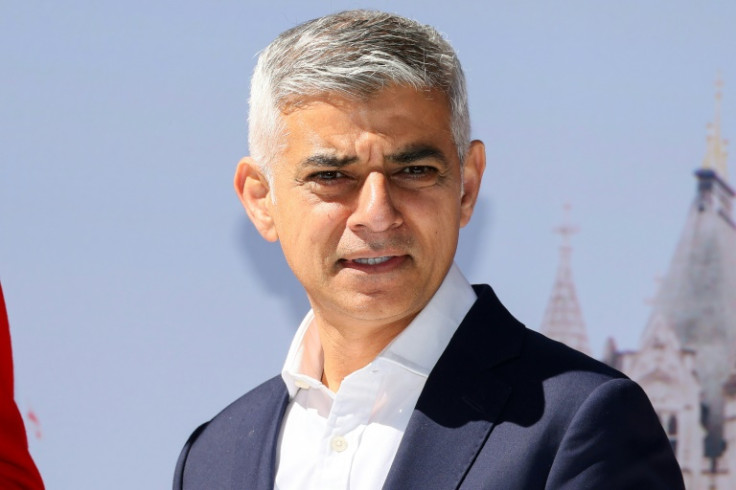London could see temperatures touching 45°C, warns mayor Sadiq Khan
The warning comes as London sees record temperatures and extremely hot days.

London could see really warm days in the future due to climate change, the city's mayor, Sadiq Khan, has warned.
The warning comes as the capital sees record temperatures and extremely hot days. Over the last few weeks, the country has seen temperatures go above 30°C. The mayor was quoting the findings of an interim independent climate resilience report for London while speaking to the Guardian at a climate summit.
Khan set up the London Climate Resilience Review so the authorities can come up with ways to adapt to the changing climate and warming weather. It suggests actions that must be taken to prepare the city for more extreme weather.
Khan said that the capital could witness multiple 45°C days "in the foreseeable future" if timely action is not taken.
"It means the Underground is not fit for purpose, some of the homes are too hot in the daytime, care homes and schools too", he said. He also came down heavily people who think climate change is not real.
Khan warned: "It's now time for those who are delaying action to wake up and smell the coffee because this is happening now. It's now and it's happening to us."
The country witnessed its hottest June on record this year, according to the British Meteorological Office. In a statement, the Met Office confirmed that the average mean temperature of 15.8 degrees Celsius in June was the highest in a series since 1884.
Last year was no better for Britain; the country almost turned into a microwave oven due to record-breaking heat. Social media platforms were flooded with pictures of molten roads and train signals. A few airports had to suspend flights after the excessive heat damaged parts of the runway.
The UK's infrastructure is not designed to handle extreme heat. The roads and rail networks are not equipped to handle the heat experienced by countries with hotter climates. The heatwave also caused wildfires in several parts of the UK, including London, Kent, Cornwall, and Pembrokeshire.
Do we really need to worry?
Climate change is causing record-setting temperatures to become more frequent. The UN's Intergovernmental Panel on Climate Change indicates that crossing the 1.5°C threshold risks unleashing far more severe climate change impacts, including more frequent and severe droughts, heatwaves, and rainfall.
The United Nations has time and again warned against the dangerous consequences of increasing global temperatures. The organisation now believes that "climate change is out of control".
The planet is already 1.2°C warmer than in pre-industrial times. In order to limit global warming to 1.5 °C, greenhouse gas emissions must peak before 2025 at the latest and decline by 43 per cent by 2030.
A warming of 2°C is the official limit for the end of the century targeted in the Paris Agreement. It is said that Earth's average temperature will hit the 1.5°C threshold around 2030, a decade earlier than projected.
© Copyright IBTimes 2025. All rights reserved.






















